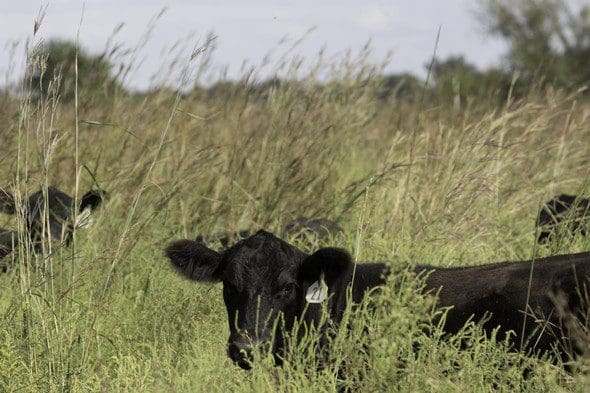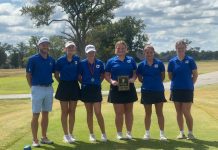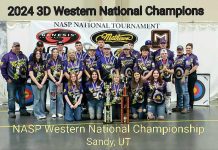
Participants must enroll in Regional Conservation Partnership Program by Jan. 13.
SPRINGFIELD, Mo. – The Missouri Department of Conservation (MDC) in conjunction with the United States Department of Agriculture’s Natural Resources Conservation Service (NRCS) invites farmers and landowners to apply to receive technical and financial assistance through the Regional Conservation Partnership Program (RCPP). These programs benefit various types of habitats and are being offered, by county, across the state. Applications must be received by Jan. 13, 2023 to be considered for the first round of funding.
Providing good grazing and at the same time, good habitat, is the goal of the Grassland Bird and Grazing Lands Enhancement Initiative. This RCPP initiative, which includes counties in southwest and western Missouri, assists landowners in incorporating native warm-season forages on privately owned grazing operations and other lands. Native grasses provide excellent, drought-resistant forage for livestock during summer months when cool-season grasses are dormant. They also provide important habitat for grassland birds and other wildlife. In addition to available NRCS funding, MDC provides 25-90 percent additional financial assistance for implementation of practices such as planting native warm-season grasses.
The Grassland Bird and Grazing Lands Enhancement RCPP is open to landowners in Adair, Andrew, Atchison, Barton, Bates, Benton, Caldwell, Carroll, Cass, Cedar, Dade, Daviess, DeKalb, Gentry, Grundy, Harrison, Henry, Holt, Jasper, Johnson, Lawrence, Livingston, Mercer, Nodaway, Pettis, St. Clair, Sullivan, Vernon, and Worth counties.
The thrust of this initiative is to provide native grasslands that satisfy the needs of livestock producers and native wildlife. When Missouri was first settled, native warm season grasses were found throughout the state. In addition to serving as habitat for a variety of wildlife species, these native grasses soon acquired additional importance as livestock forage. Over time, native warm season grasses were nudged out by non-native cool-season grasses in many areas. This transition eliminated plants that were a good summer grazing source for livestock and were also needed by local wildlife. Today, an increasing number of cattle producers are re-discovering the grazing benefits of native warm-season grasses.
Questions regarding this program can be directed to MDC private land conservationists in eligible counties. A listing of these can be found at:
https://mdc.mo.gov/contact-engage/local-mdc-contacts
Landowners in eligible counties can sign up for the Grassland Bird and Grazing Lands Enhancement Initiative by contacting their local USDA NRCS Field Service Center.














